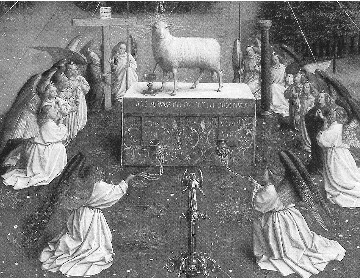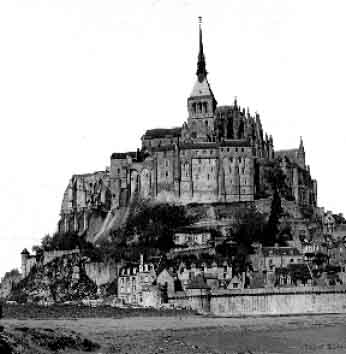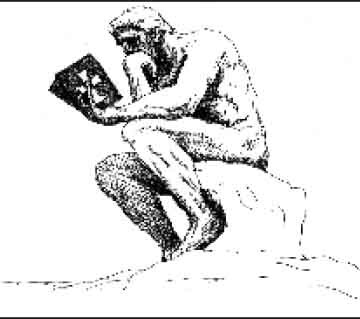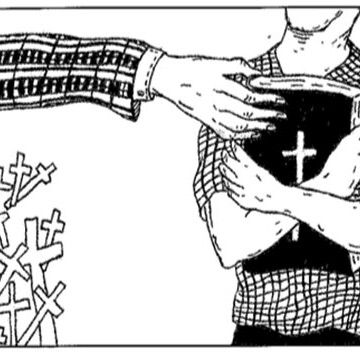Popular culture in the West, and especially in North America, is an illusion, mostly electronic, that does not feed the soul. Indeed, it claims to do nothing but feed the senses, and as such it tends toward universal barbarism, fostering ignorance and encouraging violence. Beneath the illusion there is, however, one great civilization, and it...
Author: James Patrick (James Patrick)
Pugin and the Gothic Dream
When peace came to Europe in 1815, Britain was in the unique position of possessing empire, wealth, and power, which would make possible a century of commercial and industrial growth and prosperity. There were disquieting signs, however. The capitalism that Mill and Ricardo would advance was entering a mature phase, so that the age of...
Place and Presence, Holy Hills and Sacred Cities
In classical times, the city was a sacred place, bounded by a wall, in which civilization occurred, and to live outside the city was to be uncivilized. To be the founder of a city was to be god-like, so that there are at least six Alexandrias, the work of Alexander the Great; several Antiochs, named...
The Third Iconoclasm
The two roots onto which Western Christendom was grafted proposed very different notions about depicting the gods. The Greeks famously made images of Athena and Zeus, always depicting them as man writ large, and were untroubled by this glaring anthropomorphism. Hebrew tradition, on the other hand, said nothing about making or worshiping images of God. ...
Boethius and Lady Philosophy
As founder of the intellectual tradition of the West, Saint Augustine has one peer: Anicius Manlius Severinus Boethius, a Roman of noble antecedents who spent his life in the service first of literature, then of the Gothic kingdom of Theodoric, and always, throughout a life that compassed literary success, high office, and political disgrace, of...
After the Avalanche
When C.S. Lewis wrote that there was more distance between us and Jane Austen than between Jane Austen and Plato, he was remarking on a cataclysm that colleges and universities had not escaped. The charters of colleges founded before the Age of Jackson reiterated the claim that the purpose of an educational institution was always,...





